Editor: The micro-level issues many researchers study are often timely and tractable. But the big picture can often give us critical insight into how all the pieces fit and work together. Our newest Public Success featured center, the Center for Demography and Ecology, focuses on projects that bridge social scientific, biomedical, and environmental research in order to better understand the factors that affect human health and well-being.
An Interdisciplinary Community
Founded in 1962, the Center for Demography and Ecology (CDE) has been a pioneer in the field of demography, producing important findings about population composition and change for nearly 60 years. Today, with about 80 faculty affiliates representing over 20 different schools and departments from across the UW campus, CDE continues to support a wide range of cutting-edge population research in the social and biomedical sciences.
Directed by Sociology professor Marcy Carlson, the Center supports interdisciplinary demographic research that provides key information about the health and well-being of individuals, families, and groups, and the changing composition of the broader populations that they comprise. CDE’s research is focused in five primary research areas: 1) Fertility, Families and Households; 2) Demography of Inequality; 3) Health and the Life Course; 4) Biodemography; and 5) Spatial and Environmental Demography. This research includes key areas that the federal government has identified as high priority for addressing some of the most pressing issues of today.
Infrastructure funding and a T32 training grant from the Eunice Kennedy Shriver National Institute of Child Health and Human Development (NICHD)—in addition to generous support from the College of Letters & Science and the Office of the Vice Chancellor for Research and Graduate Education—helps make this work possible.
Fertility, Families and Households
Research on reproductive health and fertility has become a key area of focus for CDE affiliates. Jenna Nobles (Department of Sociology) has embarked on an exciting line of work on prenatal demography. With funding from NICHD and combining the tools of data science and social science, Nobles and collaborators, including Deborah Ehrenthal (Departments of Population Health Sciences and Obstetrics and Gynecology) are analyzing innovative data from mobile apps about women’s menstrual cycles, ovulation, pregnancy, and live births—with the ultimate goal of providing new estimates of the fundamental determinants of populations. In another NICHD-funded project, affiliate Jenny Higgins, (Departments of Gender and Women’s Studies and Obstetrics and Gynecology and Director of the new UW Collaborative for Reproductive Equity) is examining contraceptive methods and usage. In the U.S., the majority of new contraceptive users become dissatisfied with their birth control method and stop using it after only a few months; Higgins argues that a critical but overlooked factor is how contraceptive methods affect sexual well-being, known as sexual acceptability, and she is following a cohort of 1,000 women to evaluate long-term contraceptive use.

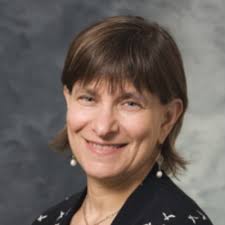
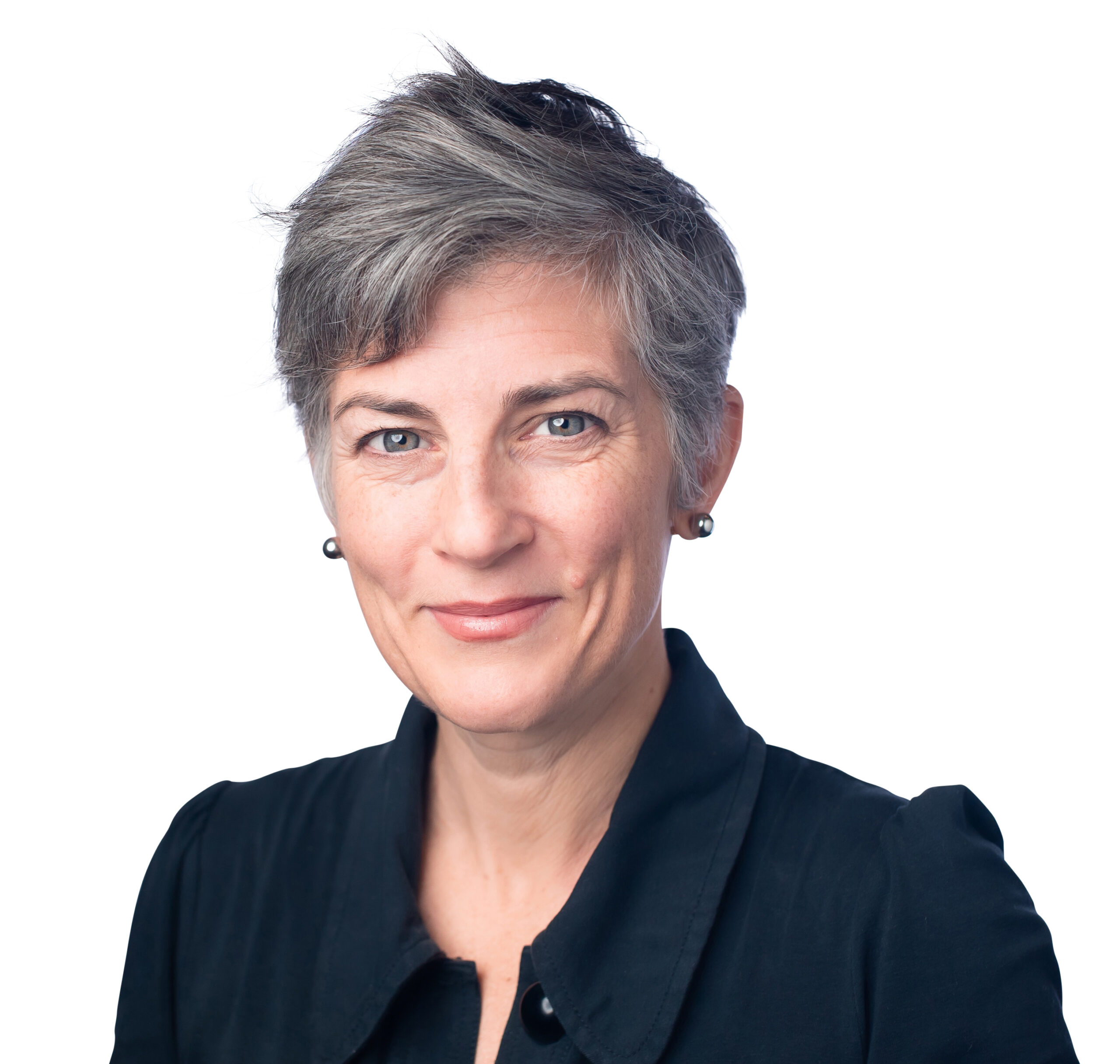
Demography of Inequality
Demography often includes the study of disparities based on income, gender, immigration status, or race and ethnicity, and many CDE scholars are exploring research related to inequality. In one such study, sociologist and CDE affiliate Michael Light incorporates insights from sociology, demography, and criminology to study the legal
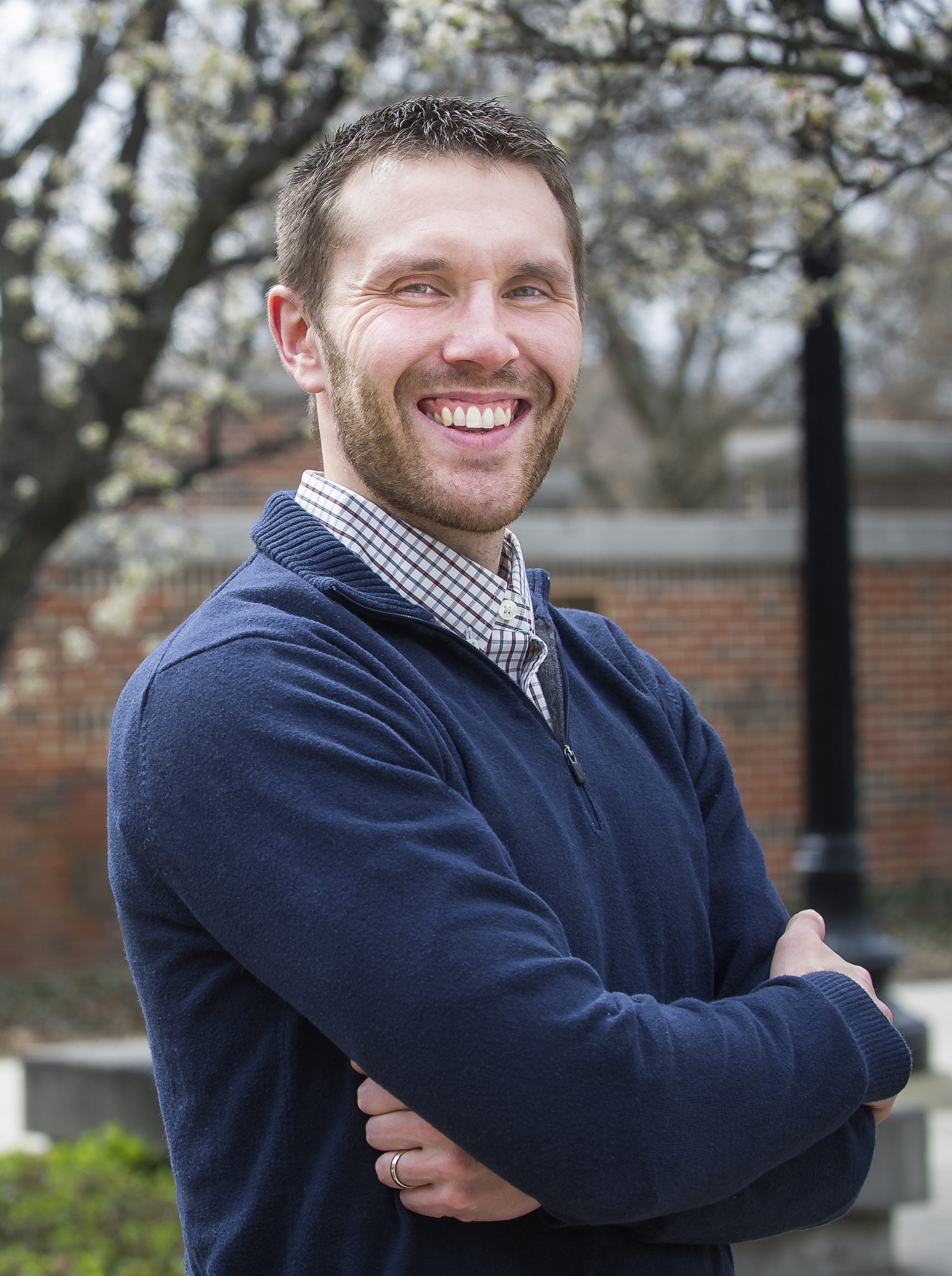
and criminological consequences of international migration and the relationship between racial/ethnic stratification and crime. With funding from the National Science Foundation, Light is leading a project on immigration, legal status, and criminal adjudication in state courts. By evaluating criminal history data from California and Texas—the two largest immigrant destinations in the U.S.—Light is working to uncover whether similar citizen and noncitizen arrestees who engage in the same criminal conduct receive different case outcomes, such as being sentenced to prison, jail, or neither one.
Health and the Life Course
At CDE, population health research focuses on how demographic, social, economic, institutional, geographic, and other factors influence human health, productivity, behavior, and development. John Eason—a sociologist who
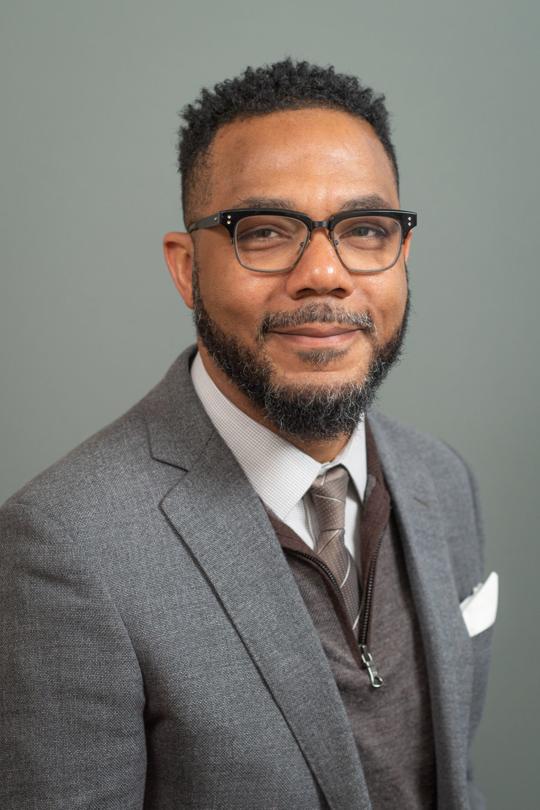
studies imprisonment, health care access, and health disparities across the rural-urban interface—is co-investigator on a project on the COVID-19 pandemic. With funding from the National Science Foundation, Eason and colleagues from Arizona State University are examining the reciprocal relationship between COVID-19 infections among prisoners, correctional staff, and communities where prisons are located. Due to their communal settings and the movement of staff between prisons and communities on a daily basis, prisons are at high risk for the spread of COVID-19. Eason and the research team will develop a data-driven dynamic disease model and asses the efficacy of potential best practices for infection control, in an effort to help communities and congregate facilities, like prisons, develop policies to better manage COVID-19.
Biodemography
Integrating information about human biology, physiology, and genetics (i.e., biomarkers) with observational measures more traditionally used in demographic research from surveys or census data is one of the most important directions in population science. The study of gene-environment interactions can help explain health and disease processes that underlie patterns of human morbidity and mortality, identify health risk factors for particular exposures and environments, and provide additional tools for identifying causal effects. Assistant Professor Lauren Schmitz (La Follette School of Public Affairs) utilizes genomic and epigenomic data from population-based longitudinal studies to examine how inequalities in the social environment shape disparities in health and socioeconomic attainment, including schooling and lifetime earnings.
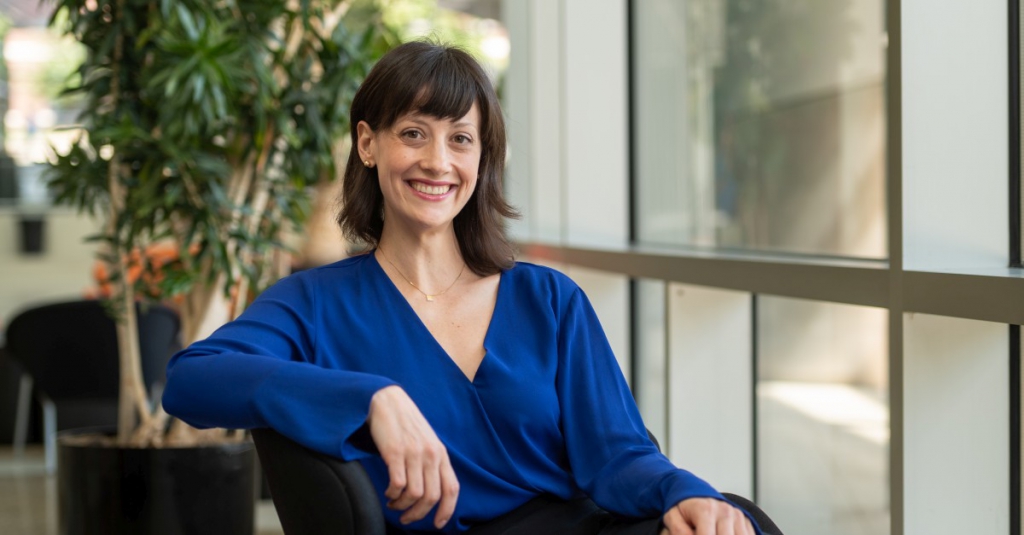
Spatial and Environmental Demography
Environmental context, events, and change are of increasing concern to human populations and represent a growing, yet still poorly understood, source of inequality in health and well-being over the life course. Recent research shows that the reality of place—reflecting the natural and built environments, social context, and specific location within a spatial structure—affects a host of outcomes for individuals, including health, socioeconomic attainment, and longevity. One current project in this area, led by Katherine Curtis (Community and
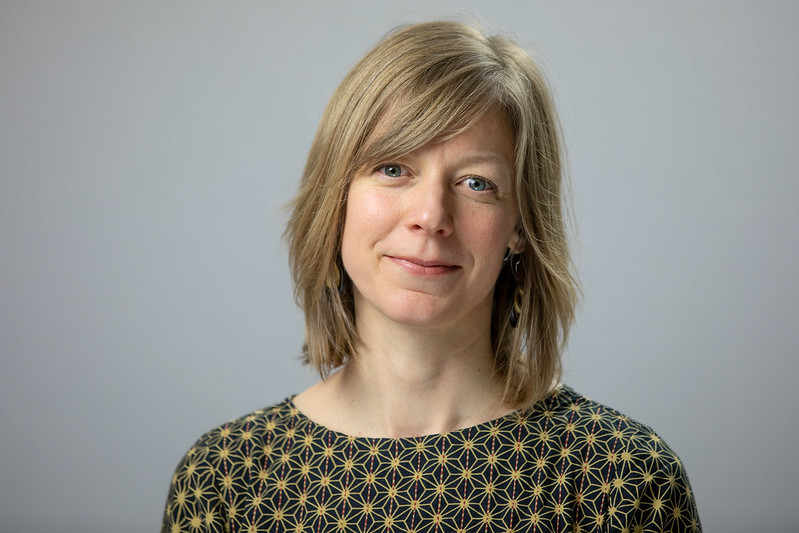
Environmental Sociology) considers how geographic isolation influences internal migration in the context of environmental change. With funding from NICHD, Curtis hopes to determine how environmental events—like oil spills, changes in fish stocks, and hurricanes—and subsequent economic changes impact migration patterns in coastal counties in the Gulf Coast region.
Looking Ahead
CDE’s overall goal is to support and facilitate innovative interdisciplinary research in population studies. To reach this, CDE provides a bridge between scholars from many different colleges, schools, departments, and research centers at UW. As a community of scholars, CDE develops and promotes new and influential research projects that help push the field of demography into new substantive and analytic areas.
For more information about the Center for Demography and Ecology and its current projects visit https://cde.wisc.edu/